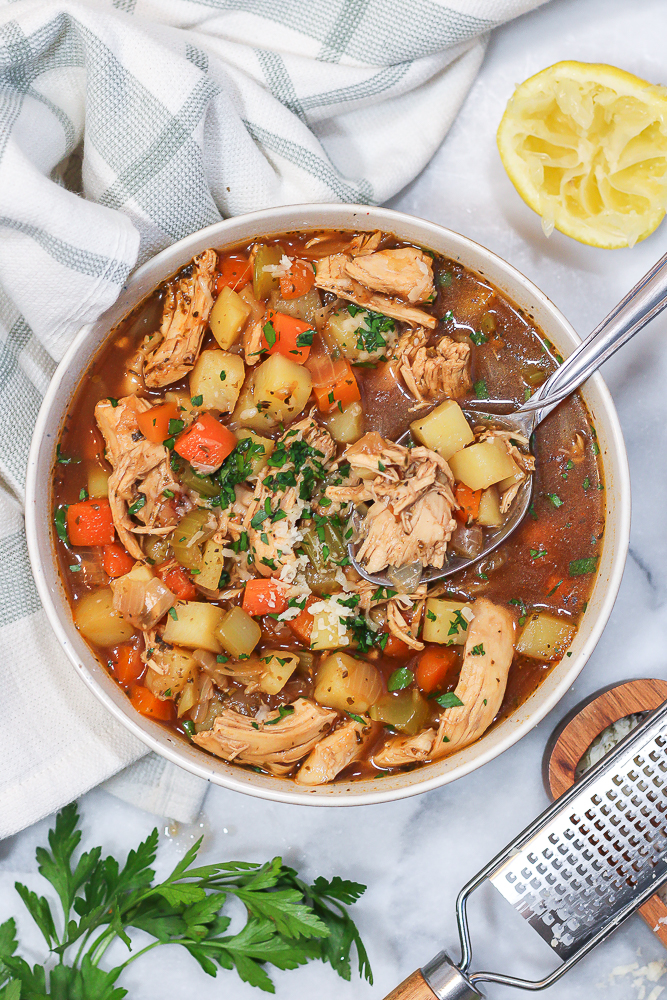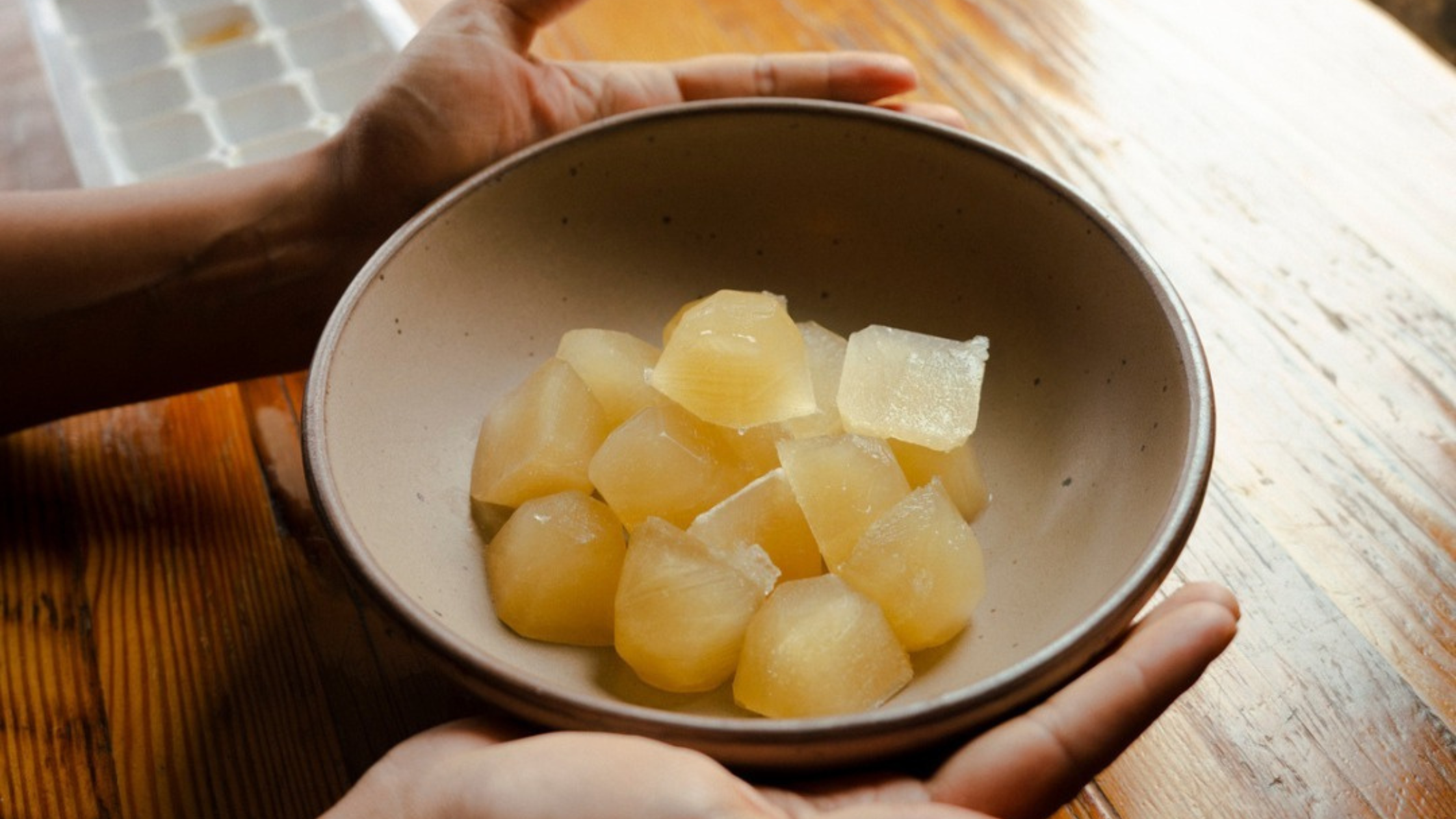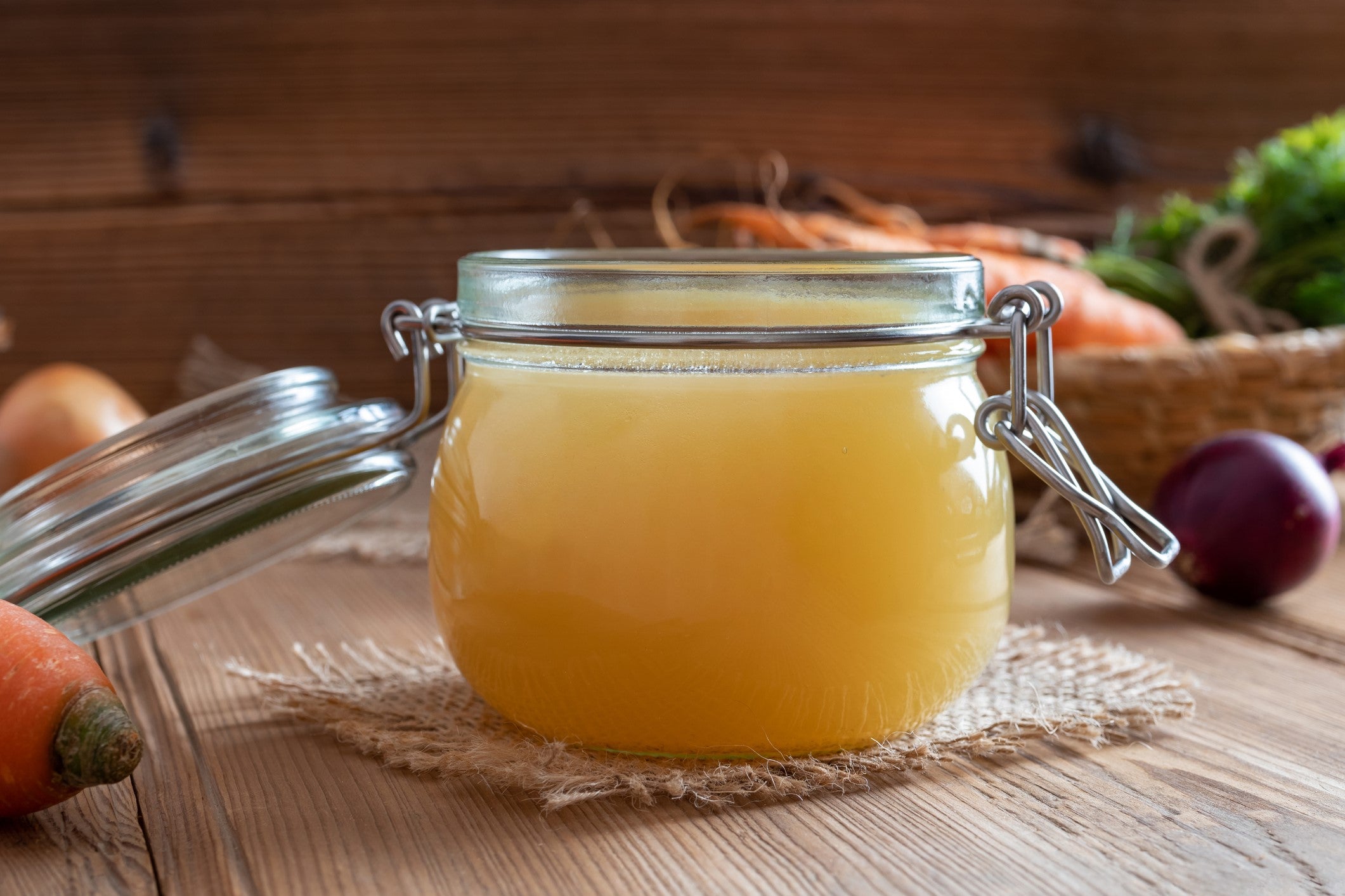Can chicken bone broth be Safe for Infants? Here’s What You Need to Know
Wiki Article
The aImportance of Healthy Food: Why Bone Broth Is a Wonderful Choice for Infants
When it pertains to your baby's nourishment, every selection issues. Bone broth stands out as a nutrient-dense option, providing necessary nutrients that sustain growth and advancement. Its rich structure not just help digestion but likewise improves the body immune system. Recognizing just how to incorporate this flexible food into your infant's diet plan can set the phase for healthy consuming habits. What are the ideal means to present bone broth to your little one?Nutritional Conveniences of Bone Broth for Infants
When you introduce bone broth to your infant's diet regimen, you're offering a nutrient-dense food that provides countless health and wellness advantages. Loaded with essential vitamins and minerals, bone broth has calcium, magnesium, and phosphorus, which sustain your infant's growing bones. It's also abundant in collagen, helping in the advancement of healthy and balanced skin, joints, and connective tissues.In addition, bone broth is an exceptional resource of amino acids like glycine and proline, which play a substantial function in total growth and muscle mass advancement. These nutrients aid advertise a solid body immune system, setting a strong foundation for your child's health and wellness.
Additionally, bone broth is simple to absorb, making it a gentle choice for your little one. By integrating this wholesome food into their meals, you're guaranteeing they get important nutrients essential for their general health. So, proceed and make bone broth a staple in your baby's diet!
Just How Bone Broth Supports Digestion
Bone broth is loaded with important nutrients that can actually benefit your infant's food digestion. It promotes digestive tract health and assists with nutrient absorption, making it a terrific enhancement to their diet. By integrating bone broth, you're establishing the stage for a healthier digestion system.Nutrient-Rich Composition
One of the most nutrient-rich foods you can present to your infant's diet regimen is bone broth, which is loaded with essential minerals and amino acids that support healthy and balanced digestion. Rich in collagen, bone broth assists reinforce your baby's digestive tract cellular lining, making it easier for their body to absorb nutrients. By integrating bone broth into your child's meals, you're giving them a wholesome food that nurtures their gastrointestinal system properly.Promotes Intestine Wellness
As you present bone broth into your baby's diet regimen, you'll discover it not only nourishes but additionally advertises digestive tract health effectively. Rich in gelatin, bone broth assists relieve the digestive system system, minimizing swelling and sustaining a healthy and balanced digestive tract lining. This is crucial for infants, as a well balanced gut environment lays the structure for total health. In addition, the amino acids found in bone broth, such as glycine, aid in food digestion and can assist stop usual belly problems. By incorporating this beneficial liquid, you're providing your baby with essential nutrients that add to a growing digestive system. Eventually, a healthy digestive tract can affect everything from immunity to mood, making bone broth an excellent choice for your kid.Aids Nutrient Absorption
Introducing bone broth not just sustains gut wellness however additionally plays a substantial role in assisting vitamins and mineral absorption. When you give your baby bone broth, you're providing a rich resource of minerals and amino acids that enhance their digestive system processes. The gelatin in bone broth aids to soothe the digestive tract lining, boosting its ability to take in vital nutrients.Reinforcing the Body Immune System With Bone Broth

By incorporating bone broth right into your infant's diet, you're giving a natural resource of sustenance that advertises wellness. Take into consideration making bone broth a staple in your infant's dishes, as it can play an essential function in their immune health and advancement.
Easy Ways to Incorporate Bone Broth Into Infant's Diet
Including bone broth into your child's diet can be straightforward and gratifying. You can additionally use bone broth as a base for soups or stews that you prepare for the household, guaranteeing your baby gets a preference of scrumptious, healthy dishes.Another alternative is to serve bone broth on its very own. Warm it up and use it in a sippy mug or tiny bowl-- it's a wonderful way to introduce new flavors. If your child delights in grains, consider cooking rice or quinoa in bone broth rather than water for additional nutrition. Finally, you can freeze bone broth in ice trays, making it easy to include a cube to various recipes whenever you want. These approaches will certainly aid your infant enjoy the advantages of bone broth easily!
Homemade vs. Store-Bought Bone Broth: What to Choose
Which is better for your baby: homemade or store-bought bone broth? Homemade bone broth supplies you full control over the active ingredients. You can pick high-quality bones, organic veggies, and natural herbs, guaranteeing your child gets one of the most nutrients without ingredients or chemicals. And also, making it in the house can be a gratifying experience, enabling you to bond with your infant while preparing wholesome food.On the other hand, store-bought options are practical and save you time. Nonetheless, they usually consist of chemicals and may not match the depth of flavor and nourishment you obtain from homemade broth. If you choose store-bought, search for brands that are organic and devoid of ingredients.
Ultimately, if you have the time and sources, homemade bone broth is the exceptional choice for your infant's health. If you're short on time, select a quality store-bought alternative as a back-up.
Age-Appropriate Bone Broth Serving Recommendations
As your baby grows, it's vital to tailor bone broth serving pointers to their developmental stage. For infants around six months, start with a couple of spoonfuls of watered down bone broth (chicken bone broth).Once your baby reaches around eight months, you can serve it warm in a sippy cup or add it to soft foods like purees. By the use this link time your youngster is around a year old, think about supplying bone broth as a standalone drink or blending it right into soups and stews. Just make certain to maintain the broth reduced in sodium. Always keep an eye on for any type of reactions, and consult your doctor if you have concerns concerning introducing brand-new foods. Enjoy this healthy enhancement to your baby's diet plan!
Various Other Healthy And Balanced Foods to Couple With Bone Broth for Babies
When you're aiming to boost the dietary worth of bone broth for your baby, consider combining it with nutrient-dense vegetables like carrots and spinach. Whole grain choices, such as quinoa or wild rice, click this can also include appearance and fiber. Additionally, incorporating healthy protein sources like shredded chicken or lentils will certainly round out the meal nicely.
Nutrient-Dense Vegetables
Nutrient-dense veggies are an amazing enhancement to bone broth for infants, enhancing both taste and nourishment. Integrating veggies like carrots, spinach, and sweet potatoes can enhance the nutrient content of your broth. Carrots supply beta-carotene for healthy vision, while spinach is loaded with iron and calcium, vital for growth. Sweet potatoes include natural sweet taste and are rich in fiber, assisting digestion.You can easily mix these vegetables into the broth or offer them as soft, cooked items along with it. This not just presents brand-new tastes but also urges your child to appreciate a range of nutrients. By pairing nutrient-dense veggies with bone broth, you're laying the structure for a healthy diet right from the begin.
Whole Grain Options

Healthy Protein Resources
Bone broth sets incredibly with different healthy and balanced protein resources, further boosting your baby's diet plan. Try adding soft, prepared lentils; they're nutrient-dense and packed with healthy protein. You can also blend in shredded chicken or turkey, which are very easy for your kid to digest. If you're trying to find plant-based options, consider mashed tofu or pureed chickpeas-- both supply excellent healthy protein without frustrating tastes. Eggs, when presented securely, are one more great selection; they're flexible and loaded with nutrients. Ultimately, assimilating some well-cooked quinoa can include a great texture and added healthy protein. By incorporating these healthy and balanced protein sources with bone broth, you're providing your baby a well balanced, nourishing dish that supports their development and growth.Frequently Asked Questions
Can Bone Broth Reason Allergies in Infants?
Yes, bone broth can trigger allergic reactions in babies, especially if they're sensitive to certain ingredients. Constantly consult your pediatrician before presenting brand-new foods and screen for any kind of signs of allergies after feeding.Exactly How Should Bone Broth Be Saved for Infants?
You ought to keep bone broth in closed containers, either best site in the fridge for as much as a week or in the fridge freezer for as much as three months. bone broth for pregnancy. Constantly thaw it correctly prior to serving to your babyIs It Safe to Provide Bone Broth to Premature Babies?
It's crucial to consult your pediatrician prior to presenting bone broth to early babies. They'll analyze your infant's specific health requirements and guarantee it's risk-free, considering their distinct nutritional demands and developmental phase. Constantly prioritize professional guidance.What Are the Indications of Intolerance to Bone Broth in Infants?
When presenting bone broth, watch for signs like fussiness, breakout, diarrhea, or vomiting. If your baby shows any one of these responses, it's best to consult a doctor prior to remaining to use it.Can Bone Broth Be Used as a Meal Replacement for Infants?
No, you shouldn't use bone broth as a dish replacement for infants. It does not have necessary nutrients needed for their growth. Rather, integrate it into their diet alongside well balanced dishes for added sustenance and taste.Report this wiki page